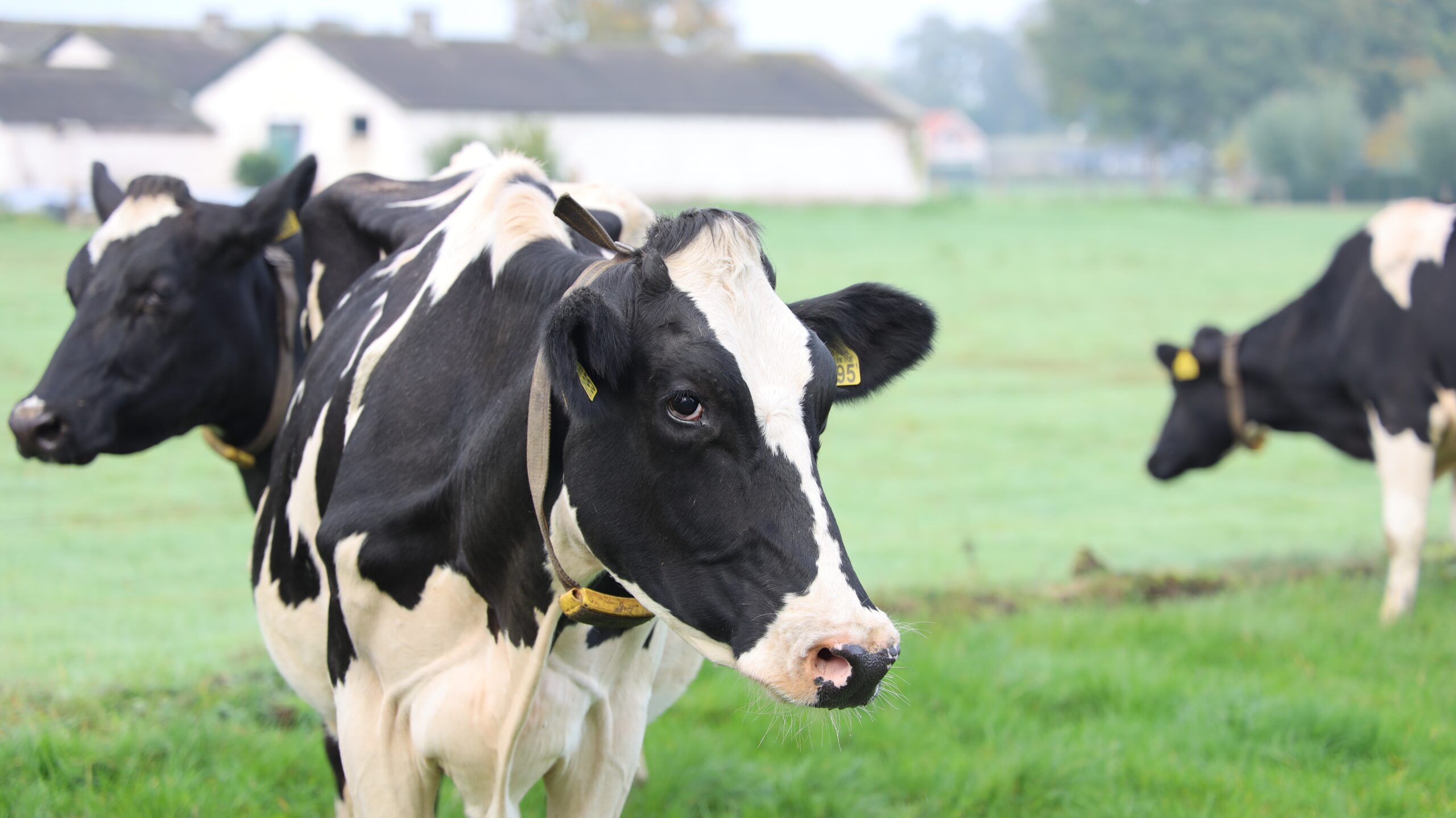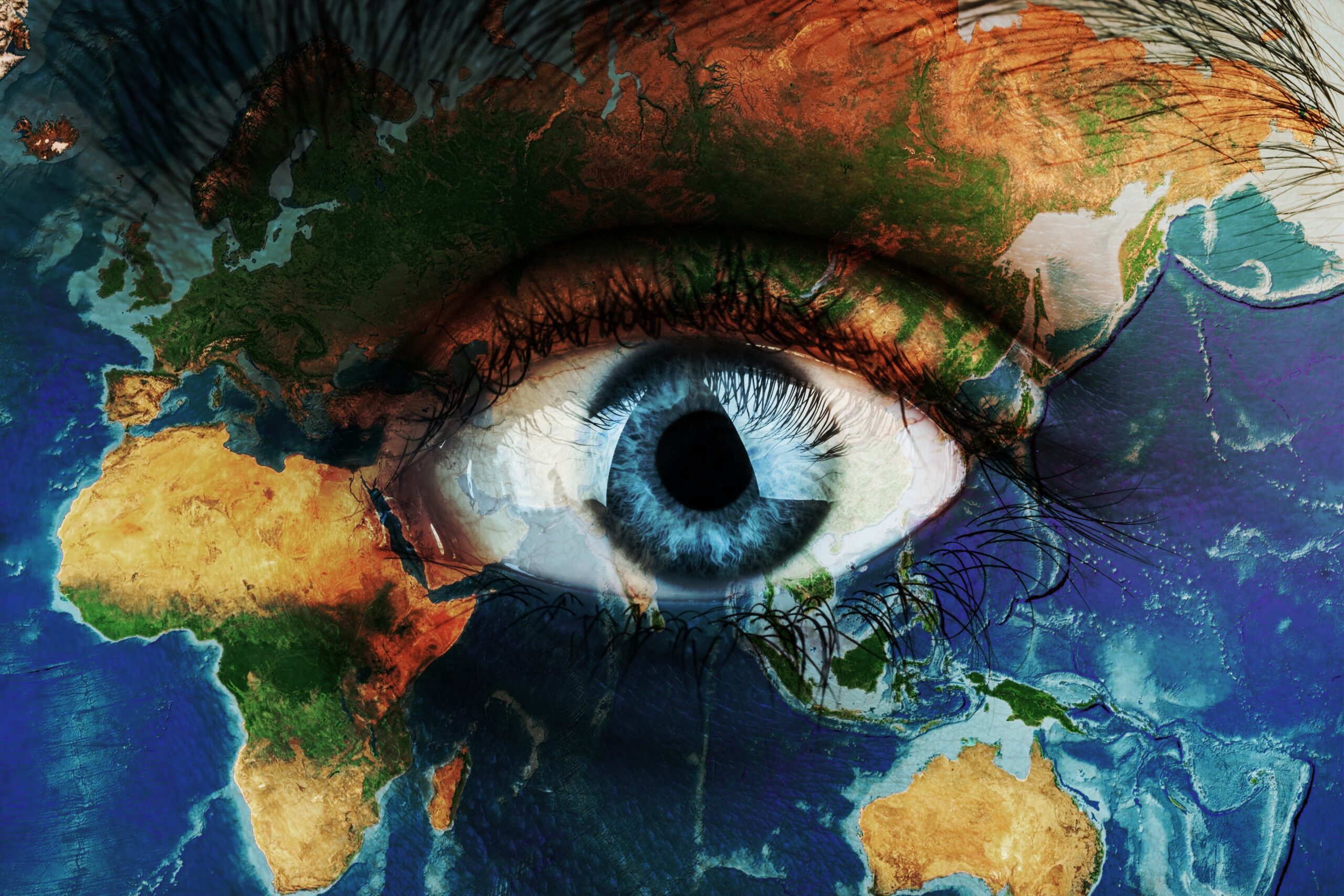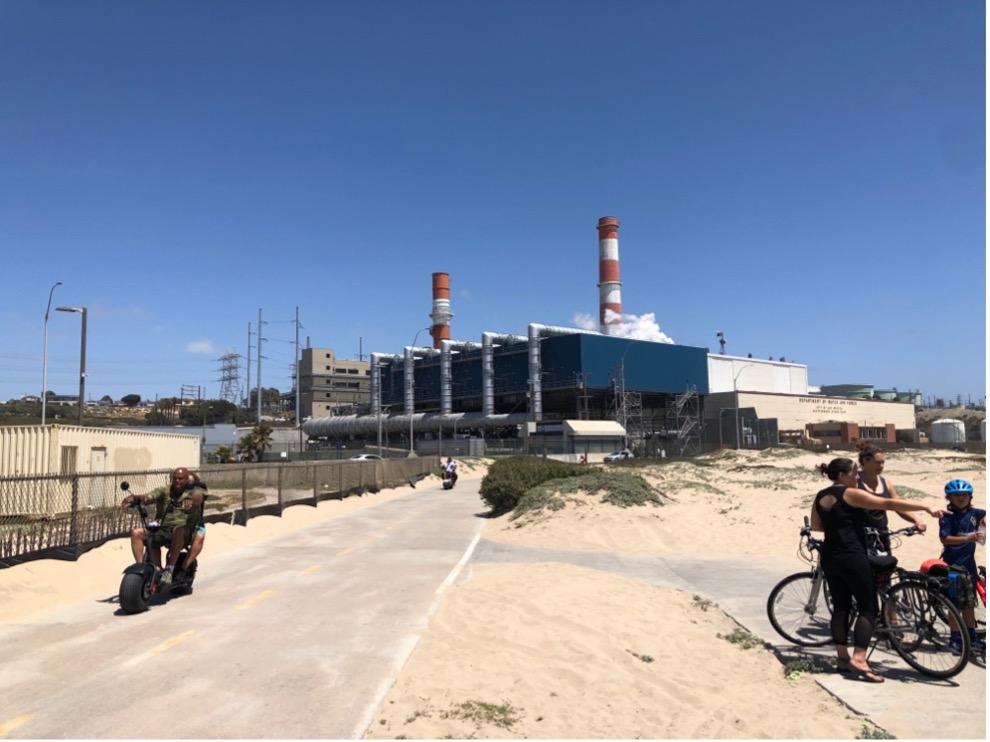Search Results for: feed
A Radical Proposal Hidden in Plain Sight in the Overshoot Commission Report
The Commission’s recommendations on emissions include a fossil phaseout much stronger than anything now proposed, which could materially advance climate action.
Continuing my discussion of the report of the Climate Overshoot Commission released last week, today I dig into their recommendations on mitigation. As you may recall, the Commission’s informal (but serious) job description was to speak of elephants in the room and unclothed emperors: to say things that are true and important about climate risks …
Continue reading “A Radical Proposal Hidden in Plain Sight in the Overshoot Commission Report”
CONTINUE READINGPredictions of IRA’s Success Solidify
IRA’s early impacts have been dramatic, and there’s a consensus that it will bend the US emissions curve downward.
My last blog post looked at some of the steps taken to implement the Inflation Reduction Act. Confirming initial projections when the law was passed, models now predict that IRA will significantly cut emissions by 2030. The impact by 2035 is likely to be even greater. Despite the IRA’s substantial assist to emission cuts, we …
Continue reading “Predictions of IRA’s Success Solidify”
CONTINUE READINGEmergency? Part 4
Focus on Methane
We give lots of lip service describing climate change as an emergency or existential threat. According to the Climate Emergency Declaration Organization, 2336 jurisdictions around the world have declared it to be an emergency, but we are not really acting like it. There are many possible emergency actions. I’m looking at 6 that could make …
Continue reading “Emergency? Part 4”
CONTINUE READINGNot Just About the Climate
The benefits of the energy transition transcend climate.
The main reason to control carbon is to protect the climate. But cleaning up the energy system has plenty of other benefits. Those benefits will flow to people in rural areas as well as urban ones, to national security and international development, and to nature itself. To begin with, there are the health benefits of …
Continue reading “Not Just About the Climate”
CONTINUE READINGTechnology’s Role in Governing Sustainable Food Systems
Digitalization is altering how we understand the environment and act upon issues of sustainability.
This article is a summary of the third interview in a three-part interview series that explores how digitalization is reshaping environmental governance. I spoke with Sake Kruk who’s a Ph.D. researcher at the Environmental Policy Group at Wageningen University, Wageningen, Netherlands. His research examines how digital technologies are ushering in a new form of environmental …
Continue reading “Technology’s Role in Governing Sustainable Food Systems”
CONTINUE READINGHow Much Credit Can California Take for the Electric Vehicle Revolution?
New CLEE report responds to criticism over how the state quantifies policy impacts.
The California Air Resources Board (CARB) is the state’s lead agency on zero-emission vehicle policy, from its first-in-the-nation mandate on automakers to produce zero-emission models to its wide-ranging incentive programs, among other policy approaches. But in 2021, the California State Auditor released a report criticizing how CARB measures the effects of its zero-emission vehicle policies. …
Continue reading “How Much Credit Can California Take for the Electric Vehicle Revolution?”
CONTINUE READINGDigitalization and Predictive Policing in Conservation
Does technology shift focus toward “green policing” and away from integrated conservation and development?
Digitalization is reshaping environmental governance in profound ways. As environmental degradation and climate change intensify, society increasingly turns to digital technologies to live more sustainably and protect biodiversity and other natural resources, such as land, water, and energy. Digital tools are transforming who is involved in environmental decision-making, how environmental problems are understood and assessed, …
Continue reading “Digitalization and Predictive Policing in Conservation”
CONTINUE READINGUnraveling LA’s Hydrogen Combustion Experiment
Combusting hydrogen could keep natural gas plants online, but they won’t be “green” for years––if ever.
This is Part II of “Unraveling Hydrogen,” a series covering the basics of hydrogen policy. The first post, introducing the series and covering how hydrogen is produced, is available here. Led Zeppelin’s eponymous 1969 album featured an iconic photo of the Airship Hindenburg going up in flames above Lakewood, New Jersey in 1937. By all …
Continue reading “Unraveling LA’s Hydrogen Combustion Experiment”
CONTINUE READINGWhat Is Water Use, Anyway?
We Have Met The Enemy, And He Is Us
We all know the story, and the percentages: of water used by human beings in California (i.e. not going to environmental uses), agriculture uses a whopping 80%. So it makes little sense to call on urban users to conserve, so the story goes, until ag goes first. Certainly nonprofits like Food and Water Watch think …
Continue reading “What Is Water Use, Anyway?”
CONTINUE READINGUnraveling Hydrogen: Part I
The first in a series that examines the hype around hydrogen production.
For over a century, supporters of hydrogen energy have billed H2 as the fuel of the future. In his 1874 novel, The Mysterious Island, Jules Verne wrote that “water will one day be employed as fuel, that hydrogen and oxygen which constitute it, used singly or together, will furnish an inexhaustible source of heat and …
Continue reading “Unraveling Hydrogen: Part I”
CONTINUE READING













